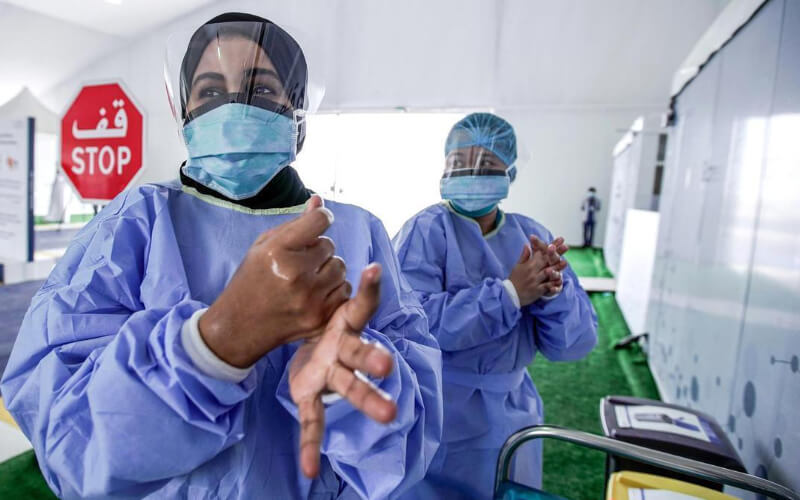Moroccan Study Reveals Long-Term COVID Symptoms in Recovered Patients

In Morocco, some patients cured of coronavirus or who did not develop the disease are experiencing a return of symptoms over a long period (several months) or are dragging on sequelae. This is the finding made by the Moroccan Association of Autoimmune and Systemic Diseases (AMMAIS).
According to the association, it is possible that new types of diseases may appear in a small number of cases, it indicates in a document published on Monday. All of which lead its president Dr. Khadija Moussayer to insist on the need to raise awareness of this phenomenon by taking stock of these disorders, from fatigue to heart problems to mental health issues.
Some testify to tachycardia, respiratory problems, a recurrence of loss of smell and taste, joint or muscle pain, diarrhea or decreased physical abilities and especially persistent fatigue, she noted, adding that asymptomatic patients also develop these same signs.
Dr. Moussayer, a specialist in internal medicine and geriatrics in private practice, explained that we have only known this disease for 7 months and that it is difficult to have certainties about the future of patients. According to her, past epidemics of other types of coronavirus than Covid-19, such as SARS (or severe acute respiratory syndrome) in 2003 and MERS (Middle East respiratory syndrome coronavirus) in 2012, "however, give us some useful lessons by comparison".
"We know that patients affected by these two viruses had lung problems 15 years later as well as musculoskeletal disorders. We have observed chronic fatigue phenomena, up to four years after hospitalization, as well as lasting mental health problems (depression, post-traumatic stress, anxiety...) 6 months after recovery. We are likely to encounter the same phenomena with Covid-19," she observed.
The effects of Covid-19 in severe forms lead to autoimmune manifestations observed in the "cytokine storm" when the patient falls into respiratory distress, concluded the specialist.
Related Articles
-

Belgian Chemist Jailed in Morocco: Family Claims Innocence in Child Abuse Case
2 August 2025
-

Tanger Airport’s Billion-Dirham Expansion to Double Capacity, Boost Morocco’s Aviation Hub Status
2 August 2025
-

Stray Dog Disaster: Morocco’s Highway Giant Slapped with 150,000 Dirham Fine for Negligence
2 August 2025
-

Cocaine Surge Grips Morocco’s Elite: Luxury Parties and Nightclubs Fuel Alarming Trend
2 August 2025
-

Moroccan Talent Shines: 24 Students Ace Prestigious École Polytechnique Paris Entrance Exam
2 August 2025